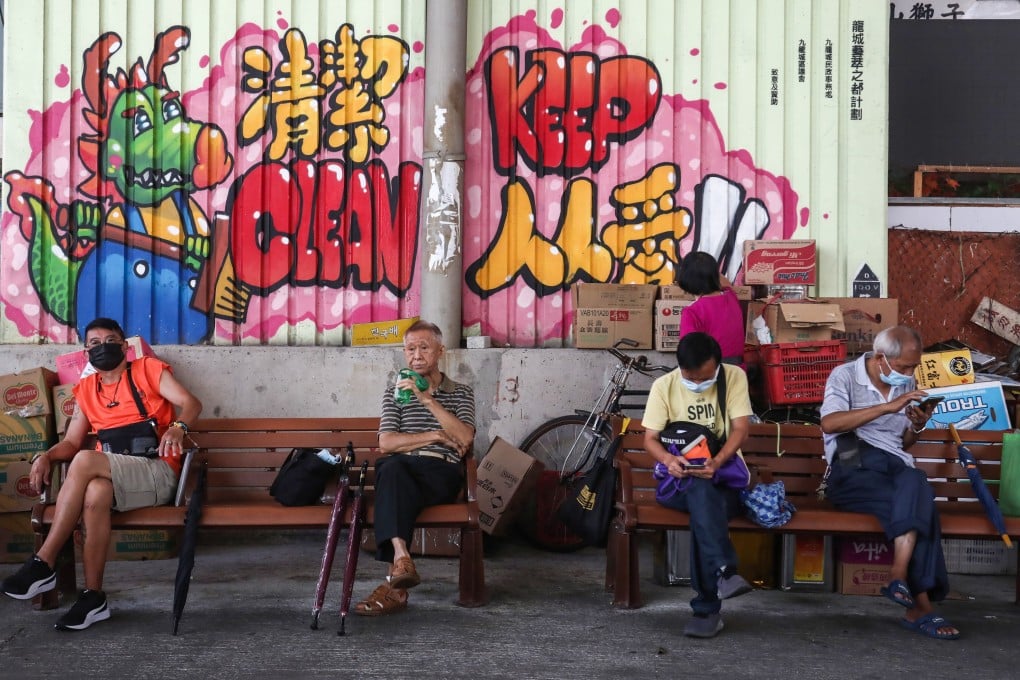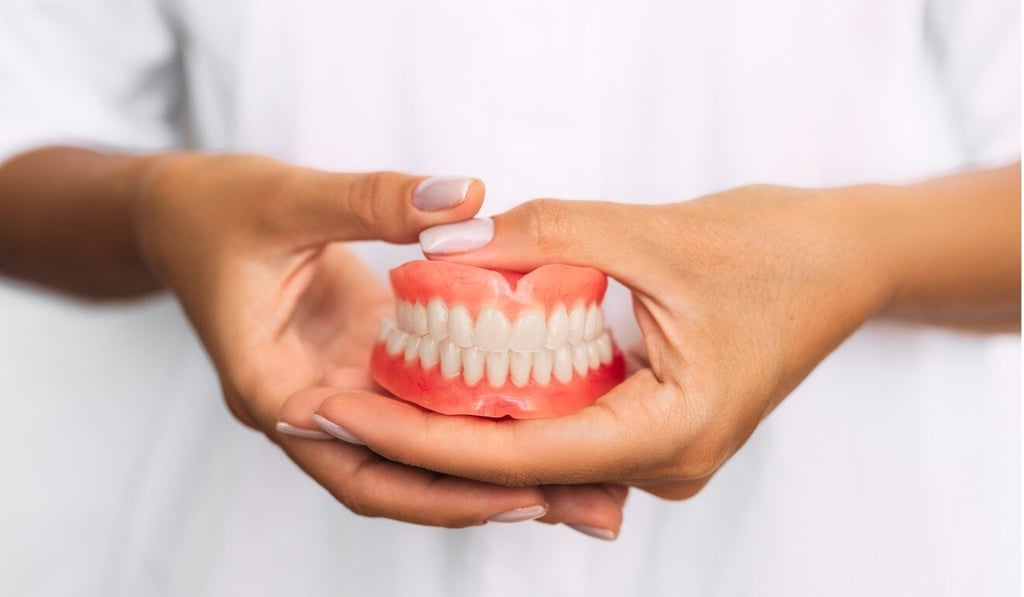Dental subsidies needed for Hong Kong’s elderly as bad teeth keep poor from sleeping, eating properly, social workers say
- Survey finds toothache affects sleep of those living below the poverty line three times more than average elderly person
- SoCO community organiser Ivan Lin warns teeth problems are a serious health concern for city’s ageing poor

Social workers have urged the Hong Kong government to provide more dental subsidies for the elderly after a survey found toothache affected the sleep of those living below the poverty line three times more than the average old person.
SoCO community organiser Ivan Lin Wai-kiu said teeth problems were a serious health concern for the city’s elderly poor.
“It definitely affects elders’ quality of life, nearly half of them are unable to sleep from toothache, while studies also show that bad teeth affect appetite,” he said on Sunday. “They can only eat liquid food such as congee, so it will affect their nutrition too.”

Since 2012, the government has used the Community Care Fund to subsidise dentures and some dental services for the elderly, and the programme was extended to those aged 65 or above in 2019.